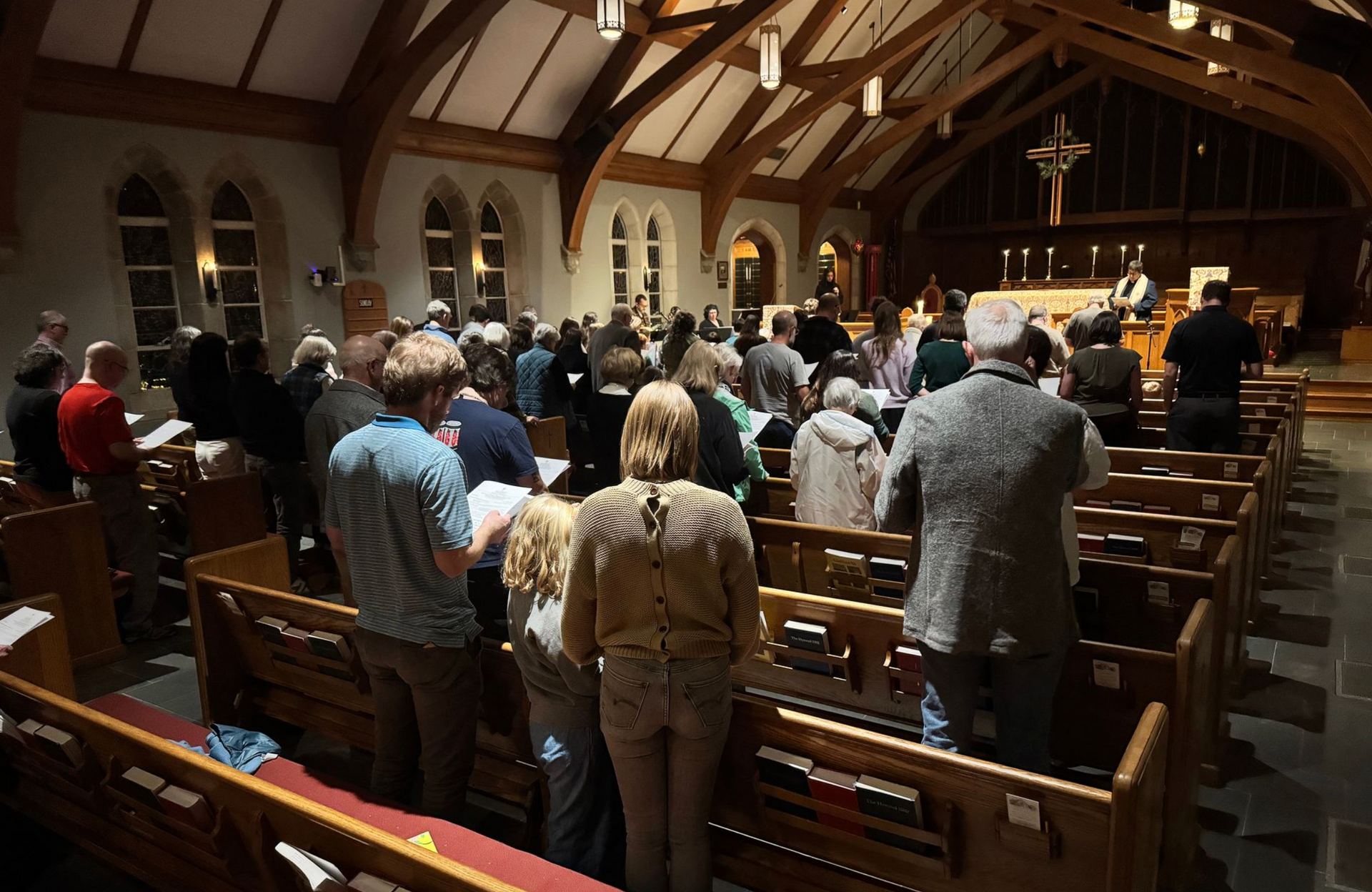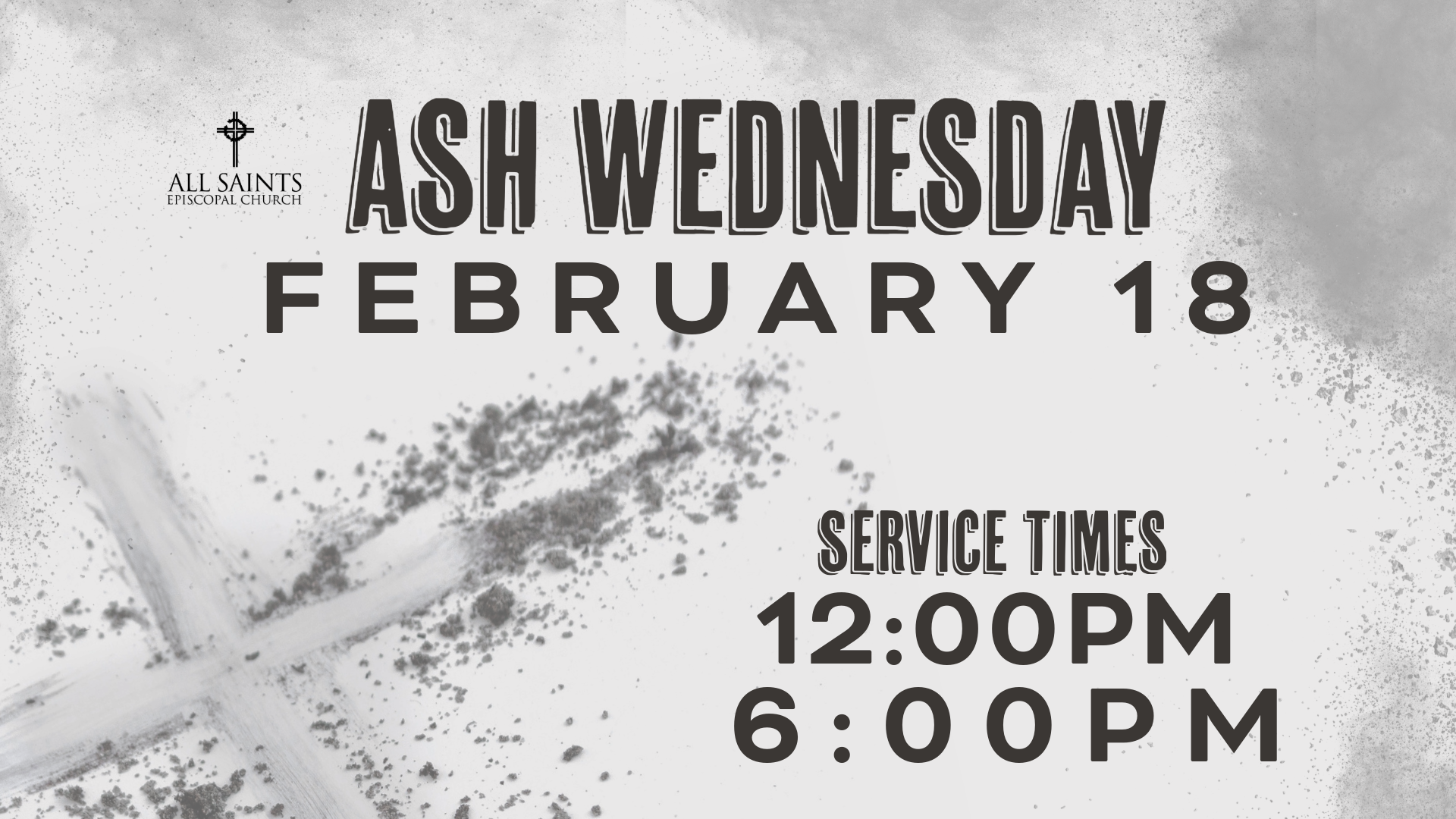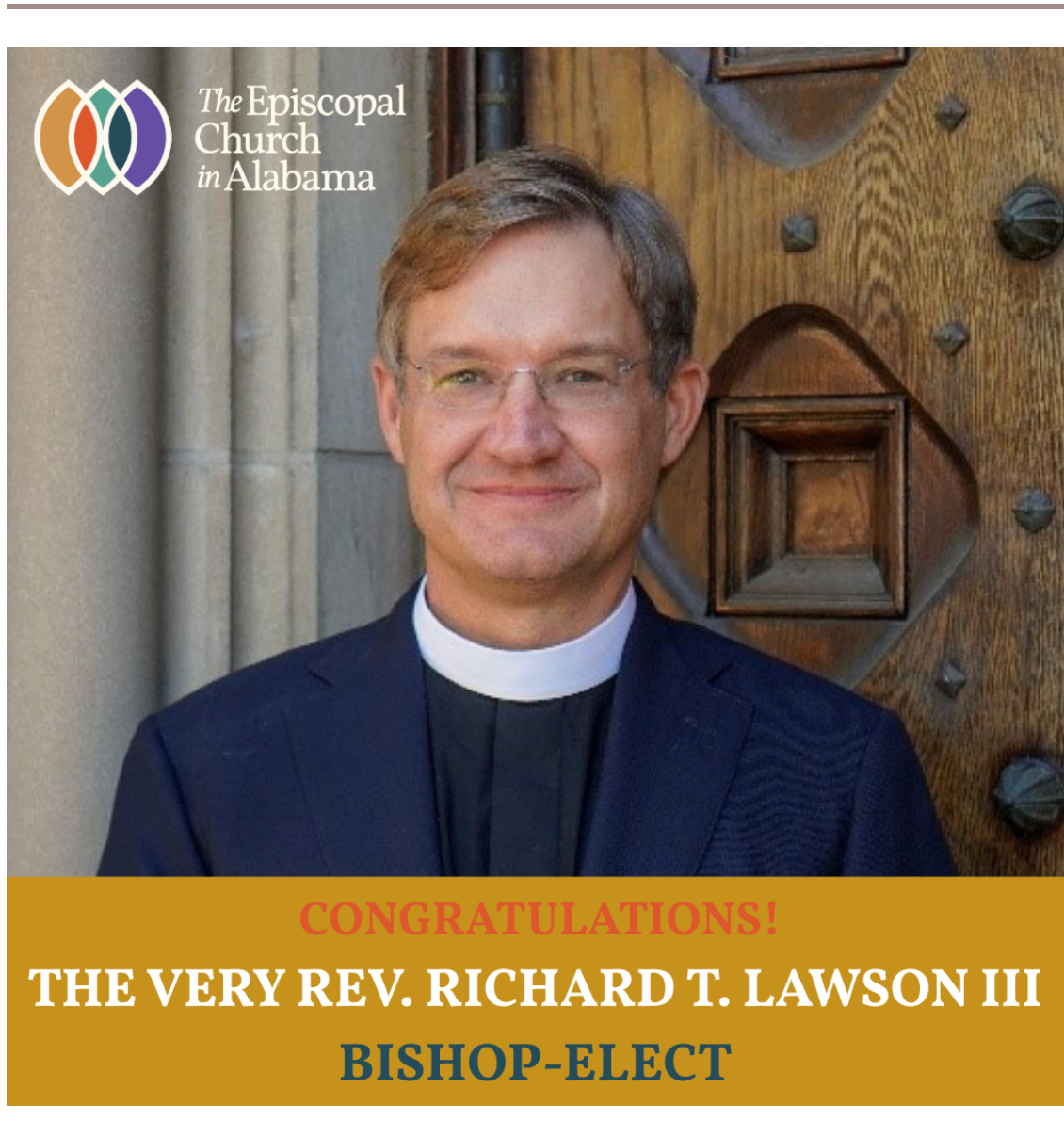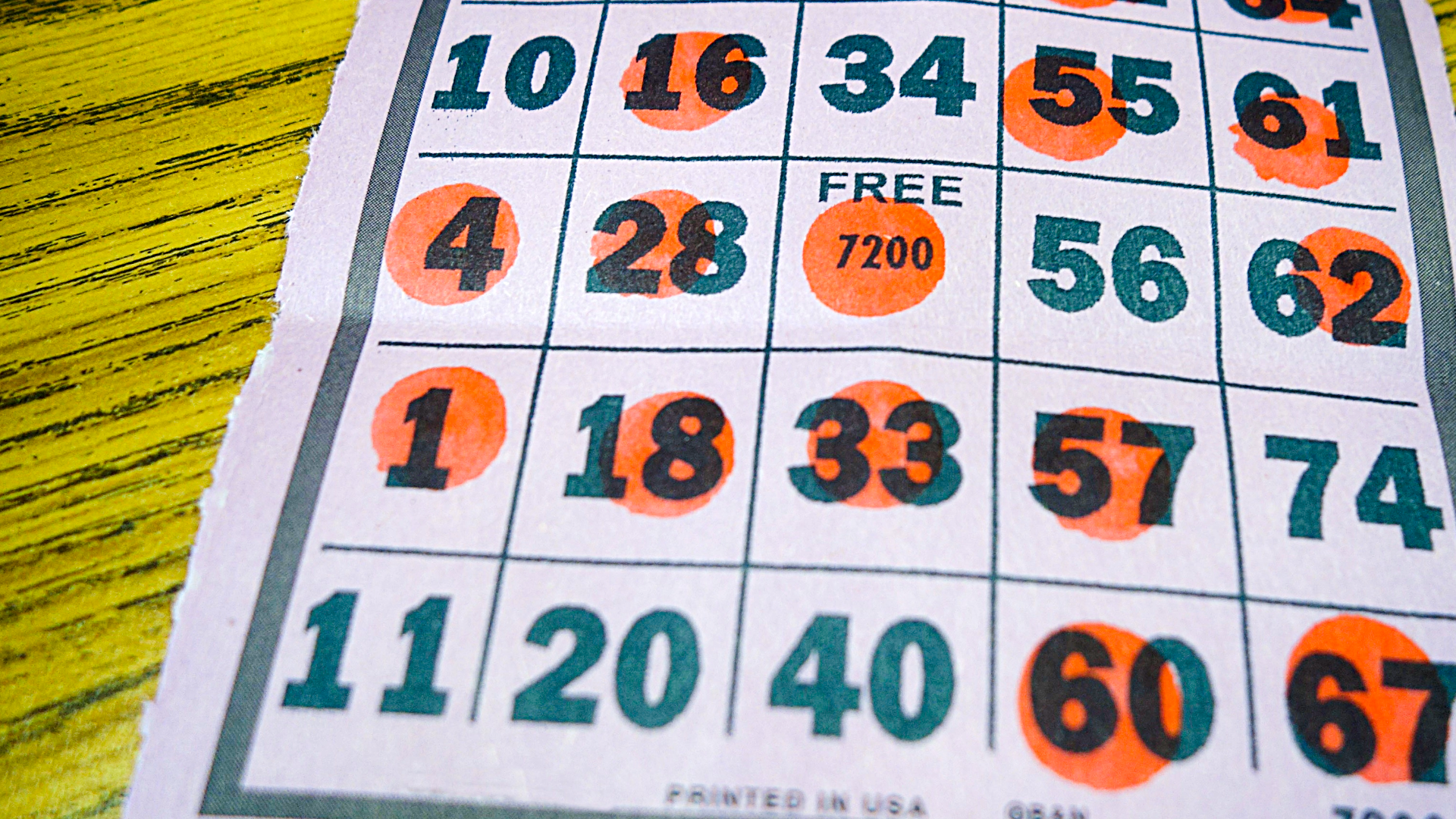The One Who Makes Us Whole
"The One Who Makes Us Whole"
Sermon by The Rev. Seth Olson
October 9, 2022
Most gracious God, giver of all that was and is and will be, let my words be your words, and when my words are not your words, let your people be wise enough to know the same. Amen.
Have you ever been in an in-between space? Maybe you were driving through suburban Birmingham wondering “Am I in Vestavia Hills, Hoover, or unincorporated Jefferson County right now?” Or perhaps it was a larger cultural barrier, like near an international boarder. This happened to me this summer when I traveled to Buffalo, New York.
Up in Western New York, I saw no Starbucks in sight, the only coffee shop was a Tim Horton’s, which is a famous Canadian franchise. On this trip, I realized the citizens of Buffalo love their American football playing Bills, but they also love their Sabres and the Canadian pastime of hockey in general. Being up there around so many polite Northerners—something I was not expecting—helped me to see, there is a culture somewhere between Canadian and American.
Even more disorienting than this liminal space up North are the disorienting borderlands we encounter in our day-to-day lives (not when driving through Jefferson County, but when going through life). Moments when we step into a place that is neither one way nor another, but still both at the same time, and a third way altogether. These neither/nor-both/and settings can be quite disorienting AND they provide us with a rich and challenging way of seeing life in a different way.
In today’s Gospel lesson, we are in such a setting. We find ourselves in the land between Samaria and Galilee—making the setting a borderland. We might quickly pass over this detail; however, the location shapes this entire story and provides us with another way of seeing reality. We will get to this other way of perceiving, but let’s first explore this land between Samaria and Galilee and this story of Jesus and the ten lepers.
Charles Youngson recently told me that the place between Samaria or Galilee is barren. In Jesus’ day there was not much there. It’s on the way somewhere, but it wasn’t a destination. In this in-between area resided 10 lepers. These 10 lepers lived here because they could not live in Galilee where purity laws would have prevented them from taking part in communal life. The Samaritans likewise did not want them, thus they all traveled outside their native territories to reside in this outsider space. Then, along came Jesus.
Approaching Jesus, the ten lepers respectfully kept their distance. This is a case of social distancing modeled for us in Holy Scripture. As the lepers politely stayed over six feet away, they cried out, “Jesus, master, have mercy on us!” Even in these few words, the lepers conferred much upon Jesus by, but it’s not clear in our translation.
In our version they called Jesus, “Master.” However, the more accurate translation here is “Doctor!” The lepers saw Jesus as powerful yes, but more like the Great Physician from whom all healing comes, not as a divine ruler who controls all things. This correct identification of Jesus was followed by the lepers asking Jesus to show mercy (one of God’s chief characteristics). Jesus obliged!
And yet, we do not hear Jesus saying something like, “You are made well by the power of God!” Instead, his invitation for healing was outsourced to the priests. Why? Because priests are awesome! Right?! No, this was because in those days, the pathway to someone being pronounced well, was not conducted by physicians who would provide a doctor’s notes, but by religious leaders who would ritualistically restore impure individuals. Therefore, the one-time-lepers were only fully returned to their community when they went before the priests for ritual reinstation. After Jesus’ instruction, all the lepers at first followed the advice to go see the priests, and on their way, they were made well.
Let’s pause a minute to learn more fully about the disease which caused so much pain for these ten souls. According to the American Academy of Dermatology Association, leprosy still exists. You can get leprosy from armadillos. Thank you for not bringing any to the pet blessing on Wednesday night. You can also catch it from being around someone with leprosy for months. Happily, there is a cure of antibiotics that kills the bacteria which causes leprosy. Sadly, even with modern medicine damage done by leprosy, such as loss of feeling or blindness cannot be reversed.
No longer having a disorder, which causes skin irritation, joint swelling, potential blindness, and other disabilities, whether long ago or today would be thrilling! Having pain subside stands out as monumental—life changing even! So, when this happened to nine of the ten lepers, they were presumably so fixated upon returning to fullness of life—to being restored in community that they went straightaway to find a priest.
As this story was happening in the liminal borderland, away from the normal boundaries of Jewish society, the former-lepers would have had to go back into Galilee or to Jerusalem to find the priest who presumably kicked them out of society in the first place. I do not know about you, but this would stress me out. It’s akin to combining a doctor’s appointment and an individual confession. I would want to get that out of the way as soon as possible. I cannot blame the nine lepers for wanting to get on with their lives.
Jesus though was critical of these ones who did not turn around. Why? Because the religious structure of that day was obsessed with rule following and ritual purity. Who could and could not be inside the synagogue or Temple was based on an intricate set of rules that had to be followed by all and was adjudicated by the religious leaders.
When Jesus was infuriated by the nine lepers who did not turn around and practice gratitude even though Jesus was the one who told them to go find a priest, we could easily think this was an attack on those who do not ever say thank you, but that’s not it! This was not about a personalized problem of nine souls not being thankful. It was not simply about personal healing or salvation, rather it was about both personal and systemic restoration—it was about the person and the larger community.
The one leper who turned around and gave thanks to Jesus was not a practicing Jew. Instead, he was a Samaritan, a foreigner. The literal translation from Greek is “other-generated” or “stranger.” This outsider did not have the same set of perimeters that the nine others did. They had to go and be pronounced clean if they wanted to return to normal social order. This Samaritan seemingly did not. He was free to express his appreciation in a completely authentic way.
So, that’s what the Samaritan did. He paid attention to what was happening. He saw that he was healed. He recognized the source of his healing was this merciful doctor named Jesus. So, observing the origins of his wellness, the Samaritan turned around and praised God with a loud voice. He laid face down at Jesus’ feet, and he thanked him.
Jesus immediately noticed this strange happenstance. Nine other one-time-lepers set off toward ritual clearance from the clergy, while this stranger outside of Jesus’ religious tradition turned around to practice gratitude. After commenting on the unusual nature of this situation, Jesus bent down to the prostrating man. “Get up and go on your way,” Jesus said, “Your faith has made you well.”
The Samaritan’s belief made him well—his trusting God through Jesus was the way to healing. The original language states it even more powerfully, “your trusting has made you whole.” In other words, the other nine needed a religious system to integrate them back into society. This Samaritan trusted Jesus such that his believing and gratitude restored him to wholeness.
This is the way Jesus invites us to walk too: Neither sulking in whatever dis-ease from which we are suffering, nor thinking that following a precise set of rules makes us whole, but instead seeing that even in the challenges and hardships of life Jesus walks with us on the way of ultimate healing. And our fitting response is gratitude!
The upcoming shape of our service follows a similar path! We seek wholeness, restoration, and integration in the Confession, Peace, and Great Thanksgiving. In the Confession we admit all the ways in which we are suffering and even how we, like the lepers, are isolated from our larger community. Charles (or I) will pronounce an absolution, a cleansing. It’s not ours (the priest’s) though. We re-present God in Christ—together we are restored, made whole, and integrated into the Body of Christ.
From that moment of forgiveness, we are swept up in the Peace of God. This peace, which passes all understanding, must be like the experience that the Samaritan leper felt upon seeing his skin healed and feeling his pain subsided. Soon enough we will find ourselves transported, as we gather around God’s Table to give thanksgiving.
In the Great Thanksgiving we, like the lone leper long ago, offer our gratitude for all that God has done. We do this by celebrating a feast that occupies a wild, liminal space and time. This gathering is both ancient and not yet fully realized—already, but not yet—proleptic is a good word for it. When we come to God’s Table it is not past, present, or future, but all three at the same time. In this both/and time and space, in this third way, we place bread and wine on the table AND we put symbols of our lives up there too.
Like the bread, our lives are blessed, broken, and given back to us transformed—not always how we want them to be handed back to us, not always shiny and new, but healed, resurrected lives nonetheless.
How will our lives be transformed? Well, how was the Samaritan leper’s life changed?
As we encounter Christ in the liminal spaces of our lives, God will heal our brokenness if we but cry out. When God does provide restoration, our giving thanks is a fitting blessing in response. As we celebrate the already-and-not-yet feast of the Holy Eucharist, we follow the Samaritan leper’s pattern. May we give thanks to our merciful doctor, the one who makes us whole, and may we follow in the transforming, resurrecting way of Christ now and always.
More Announcements

